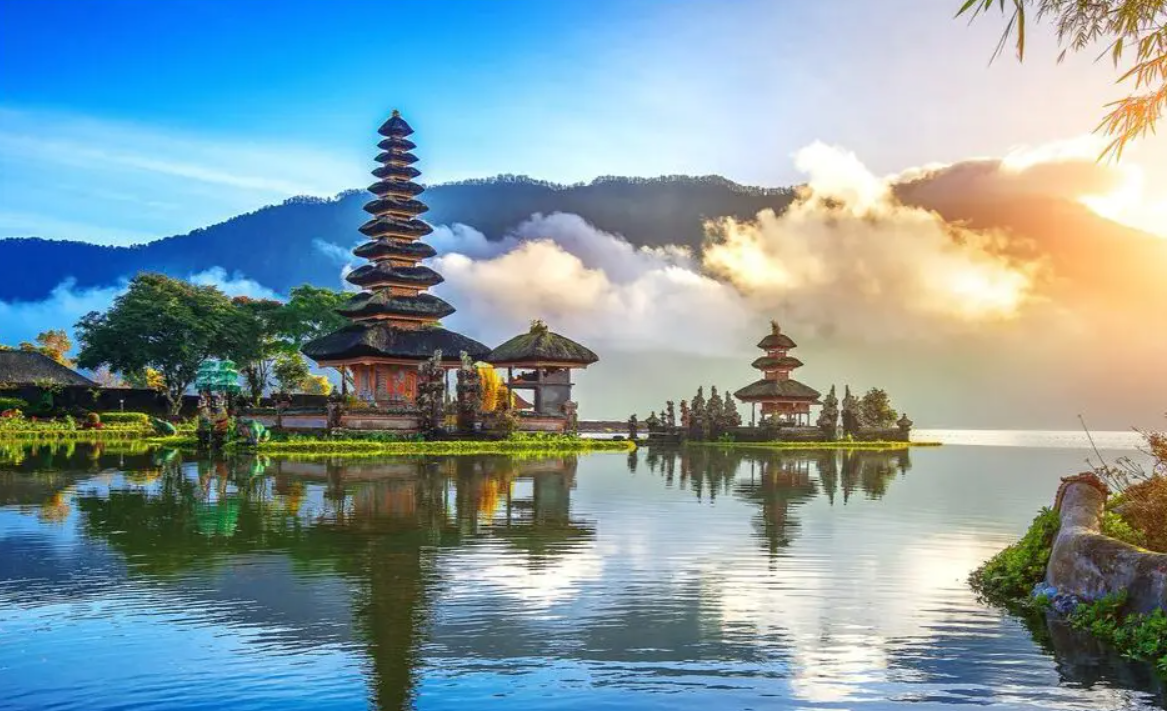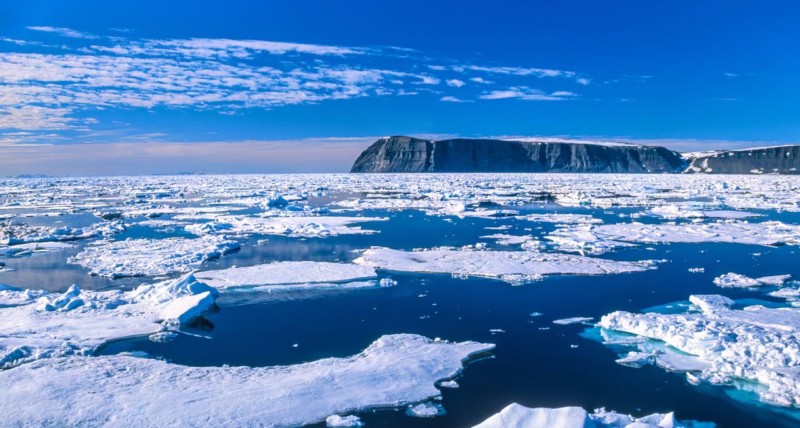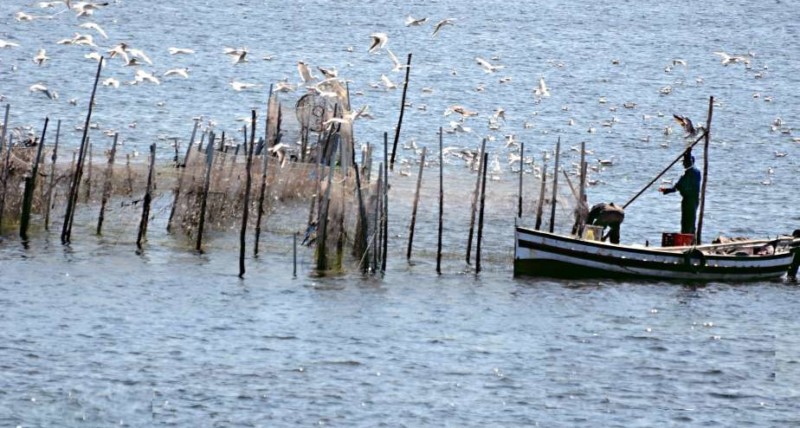This high-level panel represents a unique opportunity to learn how considering interconnections across the land-freshwater-ocean continuum is essential to shared prosperity.
It is increasingly recognized that uncoordinated governance approaches have limited effectiveness in addressing the triple global crises of climate change, biodiversity loss and environmental degradation. Human activities have a significant impact and compromise the functioning of freshwater, coastal and marine ecosystems and therefore threaten the well-being of human societies.
Focused on integration, source-to-sea management is a revolutionary holistic approach that bridges sectoral and administrative boundaries, seeking to consider and balance social, environmental and economic priorities to reap multiple benefits. It does this by highlighting the connections between terrestrial, freshwater, coastal and marine ecosystems, and bringing together upstream and downstream stakeholders through coordinated governance mechanisms and responses.
While its importance continues to be recognized at the 2023 United Nations Water Conference, the 2022 United Nations Ocean Conference and the 2022 Asia-Pacific Water Summit, it is necessary to accelerate the adoption and implementation of source-to-sea management.
This high-level panel represents a unique opportunity to learn how considering interconnections across the land-freshwater-ocean continuum is essential to shared prosperity. It explores how action from source to sea can be accelerated through the exchange of experiences from implementing holistic approaches at global, national and subnational levels in different contexts. Panelists will discuss progress in upstream and downstream collaborative action and explore opportunities to improve coordination of management practices to support sustainability, increase resilience, improve livelihoods, and achieve green and economic priorities. blue in source-sea systems.
As countries are challenged to meet multiple commitments such as climate change mitigation and adaptation, the Global Biodiversity Framework and the plastics treaty currently under negotiation, source-to-source management the sea offers a path to actions that create co-benefits through these ambitions. Lessons learned from the Baltic, Asia Pacific and other regions will be presented and replicable and scalable best practices will be discussed. The High-Level Panel will highlight commitments related to source-to-sea management enshrined in the Water Agenda and at the 2022 UN Ocean Conference and discuss ways to address them accelerate and expand them.
The results of this event are expected to lead to revisions or the formulation of new and ongoing commitments to source-to-sea management that will be carried forward to Stockholm World Water Week 2024, the Conference of United Nations on Oceans in 2025 and at the upcoming United Nations Water Conference in Stockholm. 2026.




